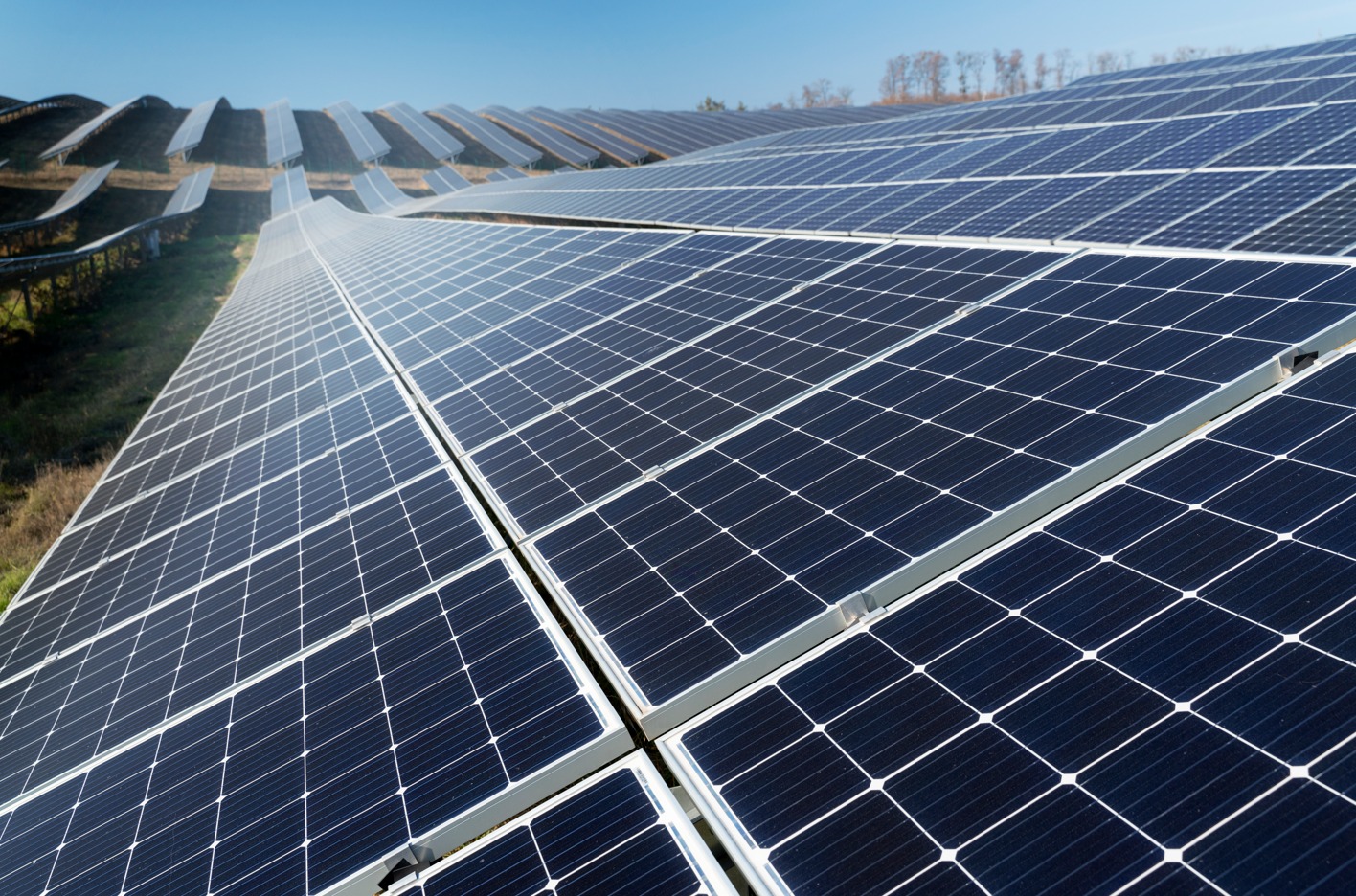Introduction:
As solar energy gains popularity among homeowners and businesses, understanding the longevity of solar equipment becomes increasingly essential. The lifespan of solar inverters and optimizers, in particular, plays a crucial role in determining the overall efficiency and cost-effectiveness of a solar system. Having a clear understanding of the lifespan of these components helps solar users make informed decisions regarding maintenance and replacement, ensuring continued success in their solar energy investments.
The Bern University of Applied Sciences Survey:
The Bern University of Applied Sciences recently conducted a survey shedding light on this issue. The survey analyzed data from 1,195 PV systems, 2,121 inverters, and 8,542 optimizers from popular manufacturers such as Fronius, Sputnik, SMA, Huawei, Kostal, and SolarEdge. The study included a broad representation of inverters and optimizers located in Switzerland and other parts of Europe, with the oldest inverters dating back to the early 1990s.
Survey Findings: Longevity of Inverters and Optimizers:
The longevity of inverters and optimizers is encouraging. More than 65% of the inverters did not have any yield-relevant faults during their first 15 years of operation, and 34.3% of the devices experienced their initial failures after 15 years. These results highlight the potential for inverters and optimizers to provide long-lasting, efficient, and reliable energy solutions for solar energy users.
Supporting Study by EnergySage:
EnergySage, a reputable source in the solar energy industry, conducted a study that adds further evidence to the encouraging longevity findings of solar inverters and optimizers. The study found that a typical centralized residential string inverter usually lasts between 10 to 15 years, while microinverters have been known to last up to 25 years. These results highlight the benefits of using high-quality inverters and optimizers and suggest that solar energy systems can provide reliable and long-lasting energy solutions.
Insights from the Bern University Survey:
In July 2022, the Bern University of Applied Sciences conducted the same survey, which involved 1280 PV systems located in Switzerland and included inverters from Fronius, Sputnik, and SMA, as well as power optimizers from SolarEdge. The results showed that 50% of all the inverters and power optimizers examined did not show any yield-relevant errors for up to 15 years.
It is important to note that this research project will continue until the end of 2025, and the investigation will be repeated in the future and extended to other systems. Nevertheless, these findings provide a positive outlook for the longevity and efficiency of solar inverters and optimizers.
Conclusion: Encouraging Outlook for Solar Inverters and Optimizers:
In conclusion, the survey conducted by the Bern University of Applied Sciences indicates that a considerable number of solar inverters and optimizers can remain optimal for 15 years or more, with 65% of the devices showing no yield-relevant faults during that period. These findings are encouraging for solar energy users as they provide insight into the longevity and reliability of solar energy systems. Furthermore, the research project’s continuation and expansion offer the potential to discover more insights and further improve the efficiency and cost-effectiveness of solar systems in the future.
Keywords: Solar energy, Inverters, Optimizers, Lifespan, Efficiency, Cost-effectiveness, PV systems, Longevity.



Leave a Reply